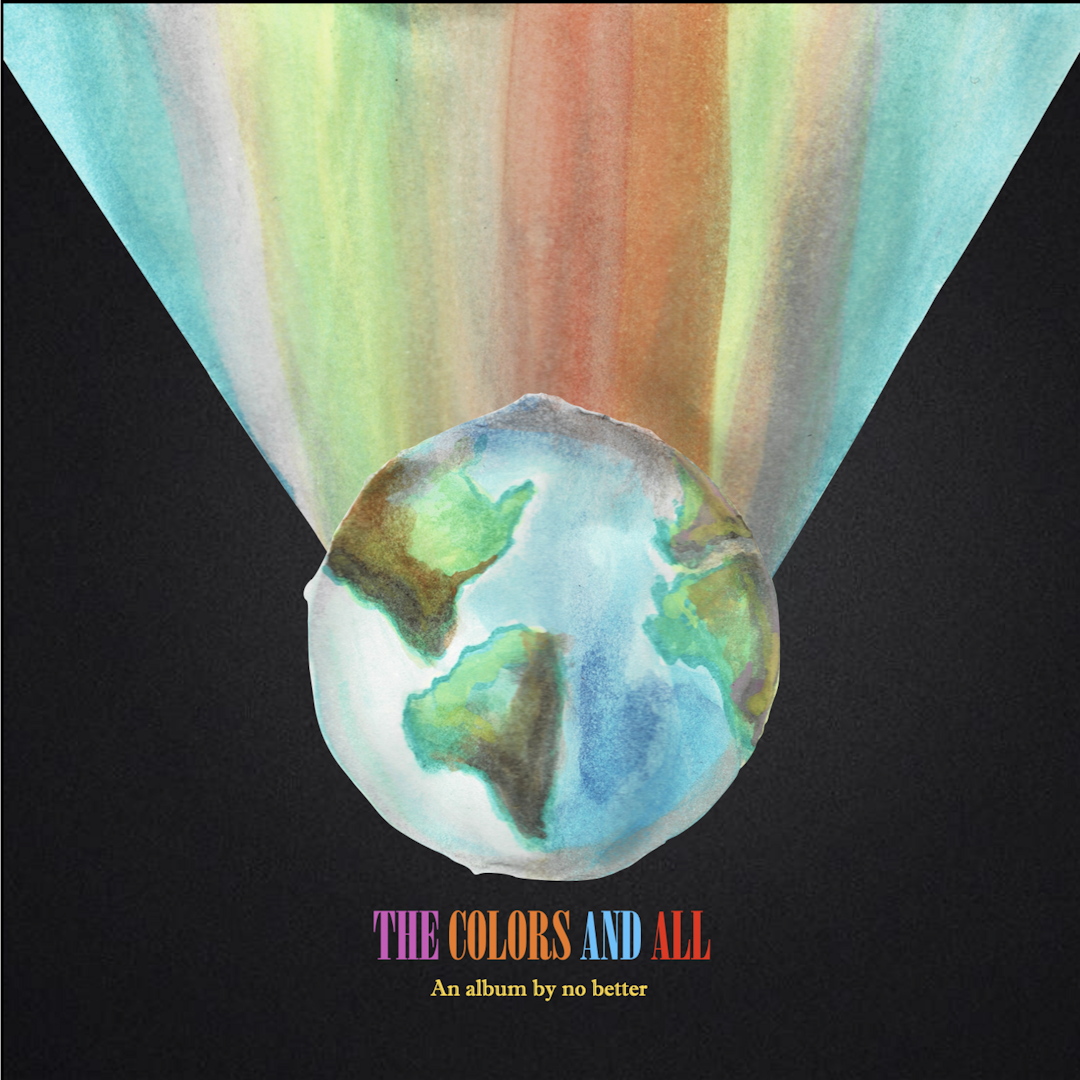The Colors and All
No Better
August 26, 2022Ann Arbor, MI and Portland, OR indie/emo rock band No Better are gearing up to release their sophomore LP titled "The Colors and All" on August 26, 2020 via No Sleep Records. The band fits perfectly along side much of the emo revival stuff that's been coming out as of late, and their new album should be no exception. Chock full of pop hooks, sincere emotion and sweet melodies, No Better's sophomore LP shows continued signs of maturity and progress in their singwriting abilities, and would not be out of place next to your Charmer, Oso Oso, Sunsleeper, Macseal, Camp Trash and Mom Jeans records. So many great bands are bringing these midwestern emo/pop influenced sounds back, but No Better also incorporate some power pop, pop punk, and breezy indie rock with their midwestern emo-leanings, while also pulling from the early 2000s as well. To top it all of, some of the tracks have a nice sunny west coast indie-pop feel to it as well, sure to keep you singing along. Check out the first single below titled "Anytime You Want" to get a feel for what's in store. An updated pre-order link should be available soon.
About the new LP, the band has this to say about it:
Our band is called No Better, and we're calling the album "The Colors and All," which is a line at the end of Don DeLillo's short story, "Human Moments in World War III." The record is largely a break-up record, but it also tries to privilege and dignify ~love~, so the awe implied by the phrase felt super fitting. Lyrically, we tried to avoid the notions of complete and total victimization that often pervade in emo and indie rock. The record is about yearning and heartbreak and the end of a relationship, yeah, but I tried to avoid making the "You" out as bad, or wrong, or poorly intentioned. I also tried to interrogate that idea of the "You." Break-up albums often purport that the "You" will be listening to the songs, that breakup songs are a sort of letter or plea or something. I tried to think through the way our record was working to mythologize a person, how a person becomes more of a concept or idea in the process of writing so many songs about them. The beginning lines of the record try to address that: "You were a second person pronoun, you were my object of desire, you were the subject of nine songs, you were a memory of summer"; "Stranger Now" tries to do the same: "I mean, if you hear this song, if you listen when the record is out"; and "Maybe You Don't Wonder" address this too: "I need a cause to justify this phase, so I've gone ahead and named it You." A sort of thesis statement for the record is on Anytime You Want: "Is it too much to think that I can take love with grace and watch it leave just the same?"
